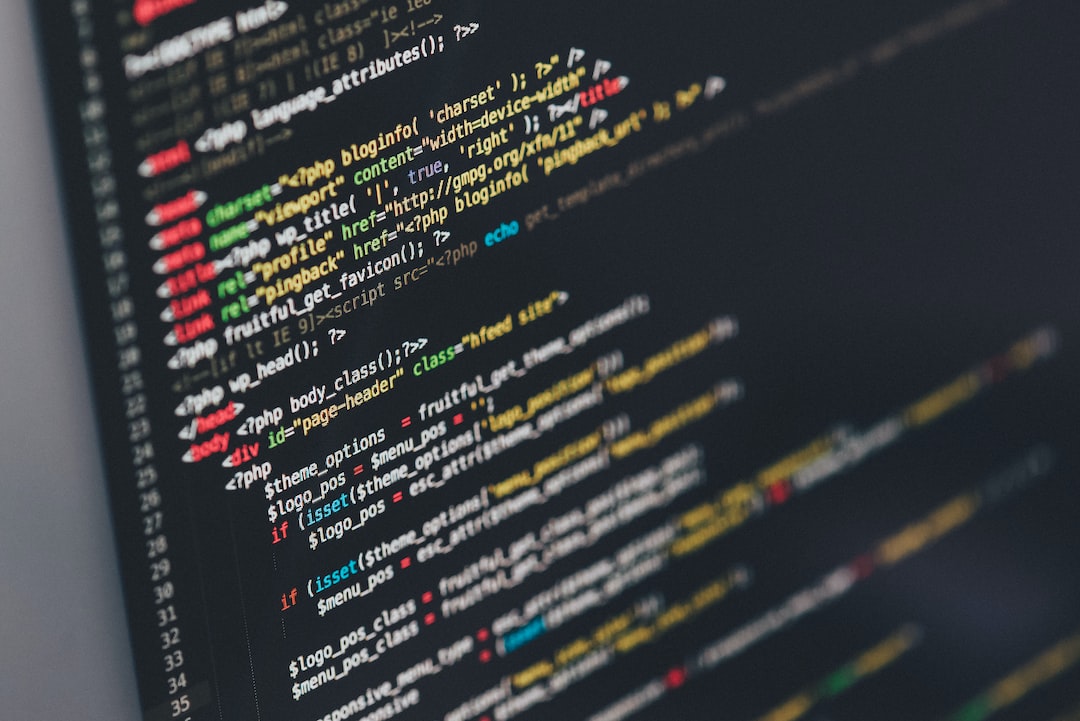The Role of Technology in Healthcare and Medical Advancements
Technology has played a significant role in shaping and advancing various sectors, and the field of healthcare is no exception. Over the years, technological advancements have revolutionized how medical professionals diagnose, treat, and manage illnesses. These advancements have not only enhanced patient care but also allowed for the development of life-saving medications, increased accuracy in diagnoses, improved patient outcomes, and enhanced overall healthcare efficiency. In this blog post, we will explore the role of technology in healthcare and the various medical advancements it has enabled.
One of the key areas where technology has had a tremendous impact is in medical imaging. Traditional X-rays have now been replaced by more advanced imaging techniques such as Magnetic Resonance Imaging (MRI), Computed Tomography (CT) scans, and Ultrasound. These technologies provide more detailed and accurate images, enabling doctors to diagnose conditions at an early stage and plan appropriate treatments. The integration of artificial intelligence (AI) algorithms into imaging has further enhanced efficiency and accuracy, allowing for faster interpretation and identification of potential abnormalities.
The adoption of electronic health records (EHRs) has revolutionized the healthcare industry by streamlining patient data management. EHRs allow medical professionals to access patient records easily, regardless of their location, resulting in improved coordination of care. It eliminates the need for paper-based records, reducing the risk of errors and improving patient safety. EHRs also facilitate data sharing and collaboration among healthcare providers, ensuring seamless communication between different departments and specialists.
Telemedicine, or remote healthcare delivery, has gained significant prominence in recent years, primarily due to advances in technology. Through telemedicine, patients can consult doctors and specialists from the comfort of their homes, eliminating the need to travel long distances. Remote monitoring devices can track vital signs, symptoms, and other health data and transmit them in real-time to healthcare providers. This enables timely interventions and reduces the risk of complications for patients with chronic conditions. Telemedicine has also proven to be immensely helpful in rural and underserved areas where access to quality healthcare is limited.
Another breakthrough in healthcare technology is the development of wearable devices and health monitoring gadgets. From fitness trackers to smartwatches, these devices can monitor heart rate, sleep patterns, physical activity, and other health metrics. Such data is invaluable for individuals seeking to lead healthier lives and for patients who require continuous monitoring. Wearable devices are particularly beneficial for the elderly population and those with chronic illnesses as they can track their vital signs and provide timely alerts to healthcare providers or emergency services in case of abnormalities or emergencies.
Robotics and automation have transformed surgical procedures and made them safer, more precise, and minimally invasive. Robotic-assisted surgeries offer doctors enhanced dexterity, stability, and a superior visual field, enabling them to perform complex surgeries with increased accuracy and quicker recovery times for patients. The use of robots in the healthcare industry is not limited to surgeries alone; they can be utilized for tasks such as medication dispensing, inventory management, and patient assistance, thereby freeing up healthcare professionals’ time to focus on more critical aspects of care.
Furthermore, the potential of AI in healthcare is boundless. AI can analyze vast amounts of patient data, identify patterns, and make predictions, aiding in early disease detection and suggesting personalized treatment plans. AI algorithms have been developed to detect diabetic retinopathy, cancerous cells, and abnormalities in electrocardiograms more accurately than human experts. AI-powered chatbots can also provide basic medical advice, answer queries, and offer mental health support, proving beneficial, especially during times when access to healthcare professionals may be limited.
The role of technology in healthcare has not only transformed patient care but also contributed significantly to medical research and drug discovery. High-performance computing has accelerated the development of complex simulations that model diseases like Alzheimer’s, cancer, and infectious diseases. These simulations enable scientists to understand disease mechanisms better, test potential drugs, and design effective treatment strategies. Additionally, genetic sequencing technologies have revolutionized personalized medicine by allowing healthcare providers to identify genetic predispositions, select the most suitable treatments, and develop targeted therapies for patients.
In conclusion, technology has undeniably played a crucial role in transforming healthcare and enabling medical advancements. From improved diagnostic procedures and data management to telemedicine, wearable devices, robotics, and AI, technology has enhanced patient care, improved outcomes, and increased healthcare efficiency. As advancements continue to be made, it is essential for the healthcare industry to embrace and integrate technology further, ensuring that patients receive the best possible care in an increasingly digital world.
